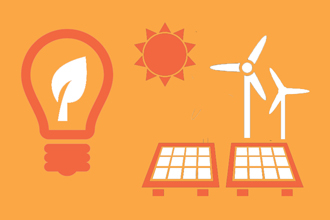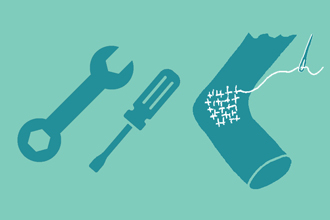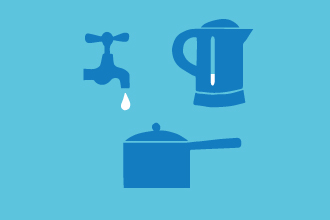A global emergency
We are in the middle of a climate and nature emergency, and the two are inextricably linked. Climate change is driving nature’s decline, and the loss of wildlife and wild places leaves us ill-equipped to reduce carbon emissions and adapt to change. One cannot be solved without the other.
When healthy, our natural habitats can reduce the risk of flooding, help prevent coastal erosion, improve people’s health and wellbeing, as well as maintain healthy soils, clean water and the pollinators needed for our crops – and therefore sustain us.
What are The Wildlife Trusts doing?
For decades, Wildlife Trusts up and down the country have been working on the ground to restore nature. We protect and recover important habitats, including peatland, saltmarsh, fen and woodland, which lock carbon safely away and limit the effects of climate change.
Read The Wildlife Trusts' Climate Statement
In response to the climate crisis, The Wildlife Trusts are:
- Stepping up our work to restore vital habitats and natural climate solutions on a landscape scale
- Calling for investment in natural climate solutions and nature's recovery, as a priority in tackling climate change, such as plans to achieve net zero
- Pushing for the creation of a national Nature Recovery Network to restore thriving ecosystems and give wildlife space to adapt
- Ensuring natural solutions are at the heart of local and national decision-making, such as planning, and working to protect them from damaging development and infrastructure projects
- Working to ensure people of all walks of life can connect with and enjoy nature, for the benefit of our health and wellbeing
- Raising awareness of the climate crisis and actions that can be taken; watch our coverage of COP26 and read our statement on what must happen next
- Committing to publishing regular climate adaptation reports, that examine the impacts and risks associated with the changing climate across our land holdings and outlining actions that we will take in the future to help nature adapt; our first report, Changing Nature, was published in July 2022.
Addressing our own carbon footprint
From travel to running our visitor centres, to powering our operations and even our conservation work, The Wildlife Trusts recognise that our activities can have an impact on the climate crisis. We are currently assessing the footprint of all 46 Wildlife Trusts and will set out our ambitions to become carbon neutral - or even carbon negative - as a movement.
We've long called for changes in laws and practices that properly protect and restore nature, including a Nature Recovery Network to map, join up and restore habitats.
Top tips
There are plenty of things that you can do at home to help the environment.

Change your energy use
Energy used in buildings accounted for around 20% of total UK emissions in 2022. Reducing your household energy use by switching to a…

Change what you eat
Eat more plant-based foods, reduce your food waste and buy local produce to shrink your environmental footprint.

How to install a water butt
Water butts lower the risks of local flooding and will reduce water bills by conserving the water you already have. They're great…

Reduce food waste
10 tips to reduce food waste today!

How to have an eco-Christmas
Whether you celebrate a big family Christmas, or you just give out a few cards to your friends and neighbours to wish them a happy time…

Send a 'letter to the Editor'
Sending letters 'to the Editor' of local newspapers is another great way to speak up for wildlife.

Recycle and reuse
Recycle, upcycle - and make do and mend! Production of household waste needs to decrease by 33% by 2037 to reach recommended emissions…

How to cut out palm oil – not trees
Palm Oil is a cheap, efficient form of vegetable oil, but a lot of species-rich tropical habitat is being destroyed to make way for it…

Climate friendly gardening
There are plenty of ways you can take action against climate change in your own backyard or local greenspace.

How to conserve water
If we all do our part in saving precious water supplies, we can make a huge difference for the environment.

Contact your MP
By writing to your MP or meeting them in person, you can help them to understand more about a local nature issue you care passionately…

How to be an eco-friendly pet owner
Caring for a pet is a rewarding experience that doesn't have to cost the earth.



